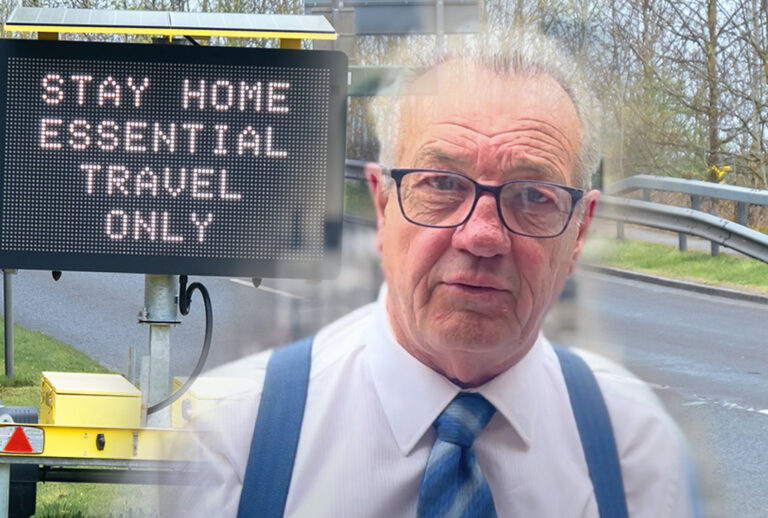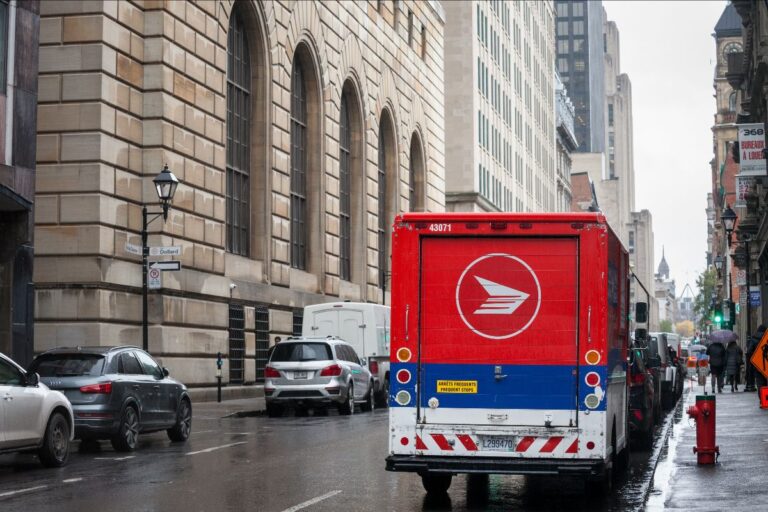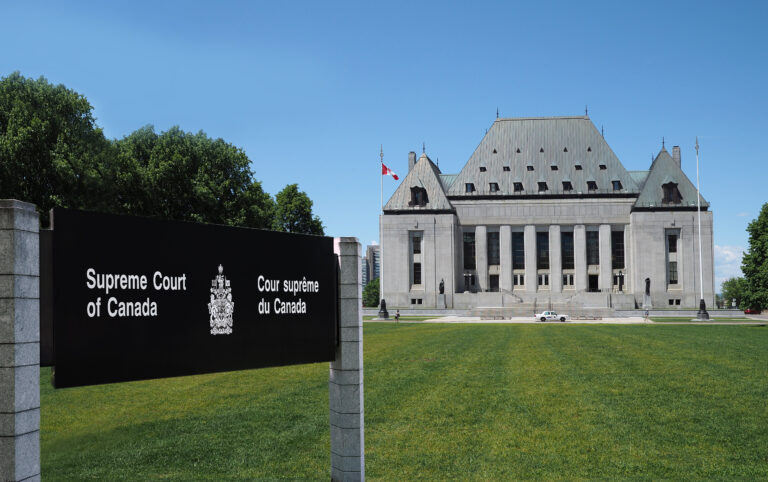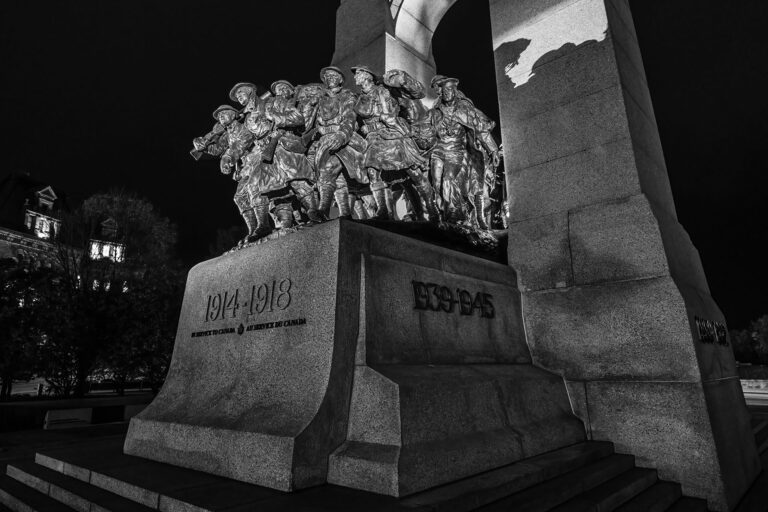During the 2017 British Columbia provincial election campaign, activist Bill Whatcott handed out over 1,000 flyers in the electoral district of Vancouver False Creek. The flyer expressed Whatcott’s opinions and “concern about the promotion and growth of homosexuality and transvestitism in British Columbia.” In his flyers, Whatcott asserted that NDP candidate Morgane Oger was a male, and argued that “[t]hose who promote falsehoods like the NDP and BC’s major media . . . do so to their eternal peril.”
Oger narrowly lost the campaign to a former Vancouver mayor.
Oger filed a human rights complaint against Whatcott, alleging that Whatcott’s flyers had exposed Oger to discrimination, hatred and contempt under section 7 of the BC Human Rights Code.
In December of 2017, the Tribunal granted the Justice Centre permission to intervene in this case, to make submissions in defence of freedom of expression under the Canadian Charter of Rights and Freedoms. The Tribunal noted that the Justice Centre “may provide useful input … with regard to the law”.
The Justice Centre will be providing oral and written submissions concerning the interpretation and application of the freedom of expression, guaranteed under section 2(b) of the Charter, in the Tribunal’s adjudication of the complaint. In particular, the Justice Centre’s submissions will focus on the critical importance of freedom of expression to the democratic discourse, especially during elections. In this context, censoring expression of honest beliefs and views made during an election campaign is highly inappropriate. The purpose of election campaigns is to sift false allegations from true allegations, poor character from good character, and bad policies from good policies. To achieve this, citizens must not be prevented from expressing their beliefs and to criticize candidates openly and publicly.
“Political expression is the lifeblood of democracy, and cannot be limited, especially not during elections,” explains lawyer and Justice Centre president John Carpay. “Whether particular claims and assertions are correct or not should be decided by citizens themselves, not by government deciding on everyone’s behalf,” continued Carpay.
Justice Centre defends freedom of expression in Oger v. Whatcott BC Human Rights hearing
- December 11, 2018
Partager cette page :

Justice Centre defends freedom of expression in Oger v. Whatcott BC Human Rights hearing
- December 11, 2018

Share this:
Partager cette page :
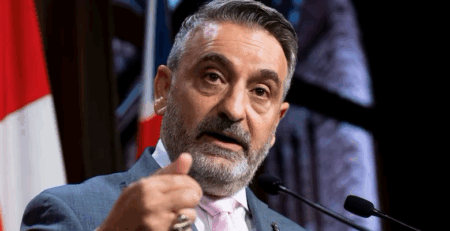
Une lettre au ministre de l’Éducation de l’Ontario exige la fin de la censure politique dans les conseils scolaires
HAMILTON, ON: Le Centre juridique pour les libertés constitutionnelles (CJLC) annonce que les avocats de Catherine Kronas ont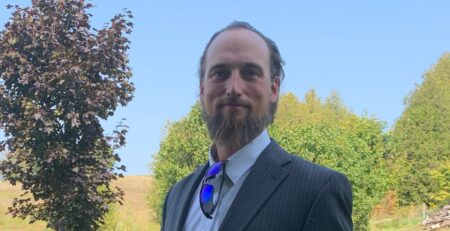
Convoi de la liberté: la GRC et la Banque TD obligés de remettre les documents sur le gel des comptes d’un manifestant
OTTAWA, ON – Le Centre juridique pour les libertés constitutionnelles (CJLC) annonce qu’un juge de la Cour de justice...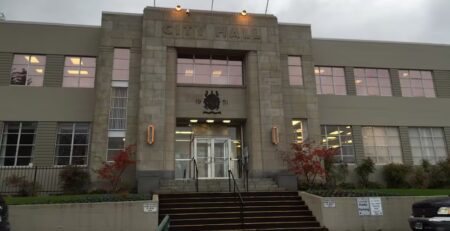
La Ville de Nanaimo menacée de poursuite après avoir interdit les enregistrements dans les lieux publics
NANAIMO, C.-B. — Le Centre juridique pour les libertés constitutionnelles (CJLC) annonce que ses avocats ont envoyé uneFaçons de faire la différence
Vous pouvez faire un don en ligne sécurisé et pratique ici. Il vous suffit de choisir le montant et la fréquence de votre don.
Vous pouvez faire un don sécurisé et pratique en envoyant un virement Interac à etransfer@jccf.ca. Si vous souhaitez recevoir un reçu fiscal pour les dons de 20 dollars ou plus effectués par virement Interac, veuillez indiquer votre nom légal, votre adresse postale et votre adresse courriel dans le message accompagnant le virement.
Veuillez appeler le 403-475-3622 pour faire un don sécurisé par carte de crédit au téléphone.
Le don de vos titres au Centre juridique peut offrir des avantages fiscaux considérables et constitue l’un des moyens les plus efficaces d’assurer un avenir libre au pays.
Faire un don au Centre de justice
Assurer un avenir de liberté
Explore Related News
